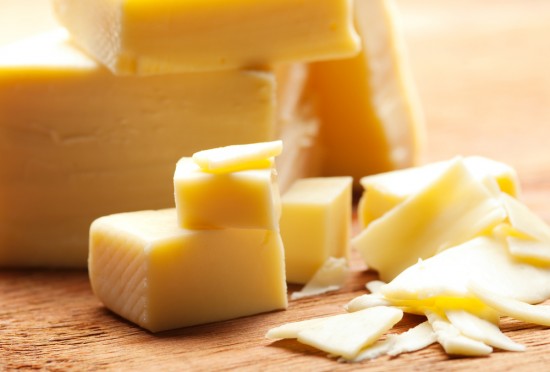A new scientific study shows that eating cheese may actually increase how much someone likes the wine they are drinking. The study, published in the October issue of the Journal of Food Science, used a new sensory evaluation method and found consuming cheese while drinking wine impacted the description and preference of different wines.
The study was conducted at the Center for Taste and Feeding Behavior in France with frequent wine and cheese consumers from the city of Dijon. The subjects evaluated four wines (Pacherenc, Sancerre, Bourgogne and Madiran) using a new sensory evaluation method developed by the researchers to show how perception and liking of wine change after cheese intake over several sips, which is closer to what happens in typical consumption. The subjects were given a list of sensations which they used to indicate what caught their attention (called the dominant sensation) as they consumed the wine over three consecutive sips and after they swallowed.
Once the wines were initially evaluated, the task was repeated, but with a piece of cheese eaten in-between sips. Four different cheeses (Epoisses, Comté, Roquefort, Crottin de Chavignol) were sampled over different sessions with each wine.
Results showed that cheese consumption had an impact on the description for all wines, and impacted preference for most. None of the four cheeses included in the study had a negative impact on wine preference. Liking of each wine was increased or remained the same after cheese intake. In both red wines (Bourgogne and Madiran), the four cheeses decreased the duration of dominance of astringency and increased that of red fruits aroma. In the sweet white (Pacherenc), the duration of dominance of sweetness was not changed by cheese intake, but in the white dry wine, cheeses had an impact on the main aroma.
